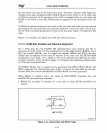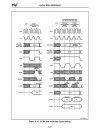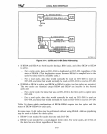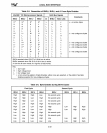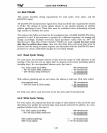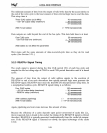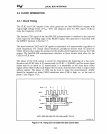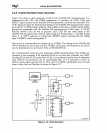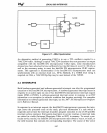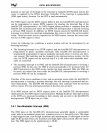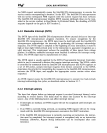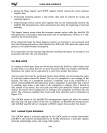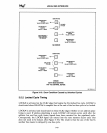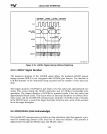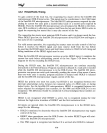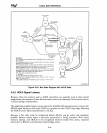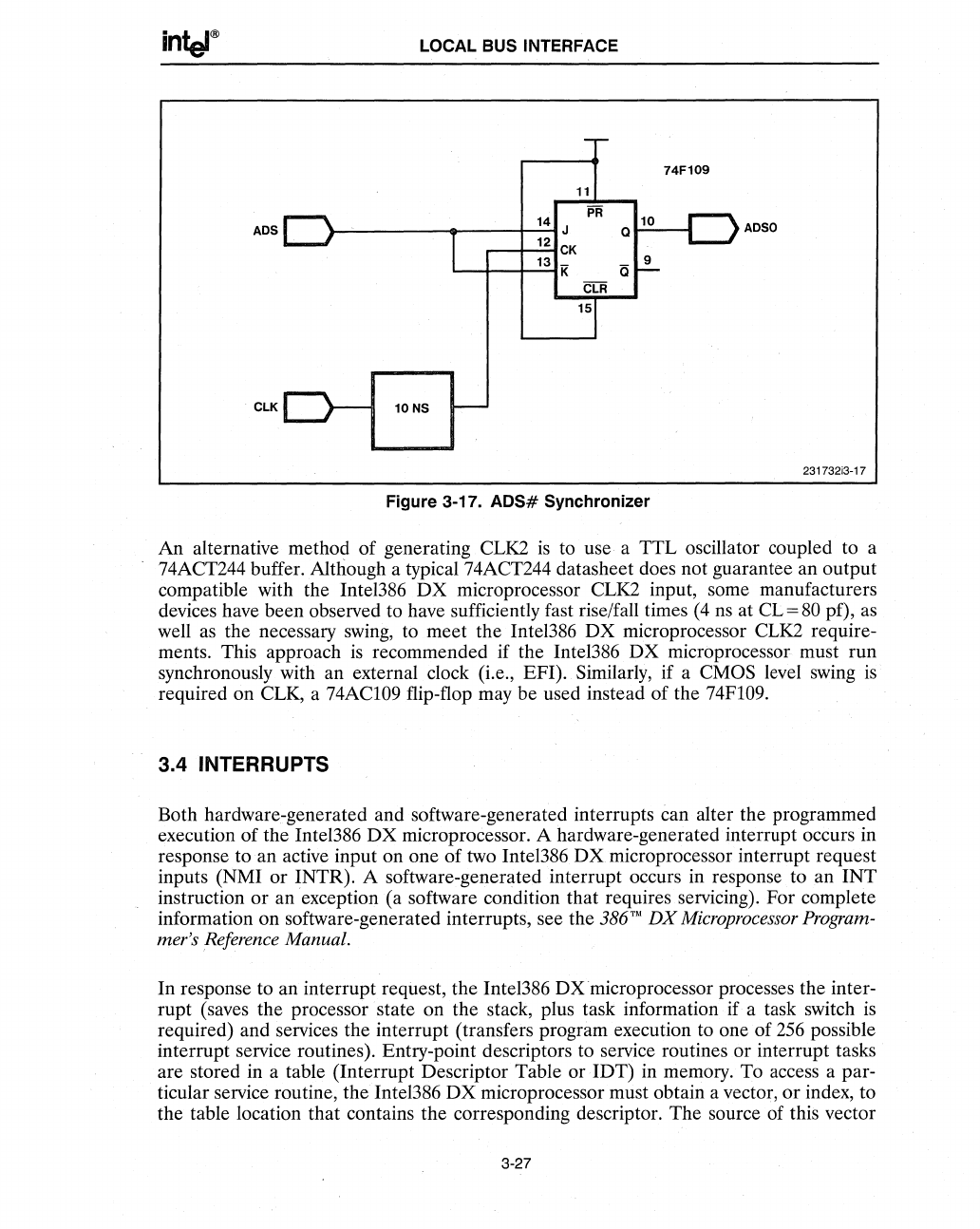
ADS
ClK
LOCAL BUS INTERFACE
10NS
11
PR
14
J
12
CK
13
K
15
74F109
10
QI--'---I
9
Q
Figure 3-17. ADS# Synchronizer
ADSO
231732i3-17
An alternative method of generating CLK2
is
to use a TTL oscillator coupled to a
74ACT244 buffer. Altliough a typical 74ACT244 datasheet does not guarantee an output
compatible with the Intel386
DX
microprocessor CLK2 input, some manufacturers
devices have been observed to have sufficiently fast rise/fall times
(4
ns at CL =
80
pf), as
well as the necessary swing, to meet the Inte1386
DX
microprocessor CLK2 require-
ments. This approach
is
recommended if the Inte1386
DX
microprocessor must run
synchronously with an external clock (i.e., EFI). Similarly, if a
CMOS level swing
is
required on CLK, a 74AC109 flip-flop may be used instead of the 74F109.
3.4
INTERRUPTS
Both hardware-generated and software-generated interrupts can alter the programmed
execution of the Inte1386
DX
microprocessor. A hardware-generated interrupt occurs in
response to an active input on one of two Intel386 DXmicroprocessor interrupt request
inputs (NMI or INTR). A software-generated interrupt occurs in response to an INT
instruction or an exception (a software condition that requires servicing). For complete
information on software-generated interrupts, see the
386"1
DX
Microprocessor Program-
mer's Reference Manual.
In
response to an interrupt request, the Inte1386 DXmicroprocessor processes the inter-
rupt (saves the processor state on the stack, plus task information if a task switch
is
required) and services the interrupt (transfers program execution to one of
256
possible
interrupt service routines). Entry-point descriptors to service routines or interrupt tasks
are stored in a table (Interrupt Descriptor Table
orIDT)
in memory. To access a par-
ticular service routine, the Inte1386
DX
microprocessor must obtain a vector,
or
index, to
the table location that contains the corresponding descriptor. The source of this vector
3-27



